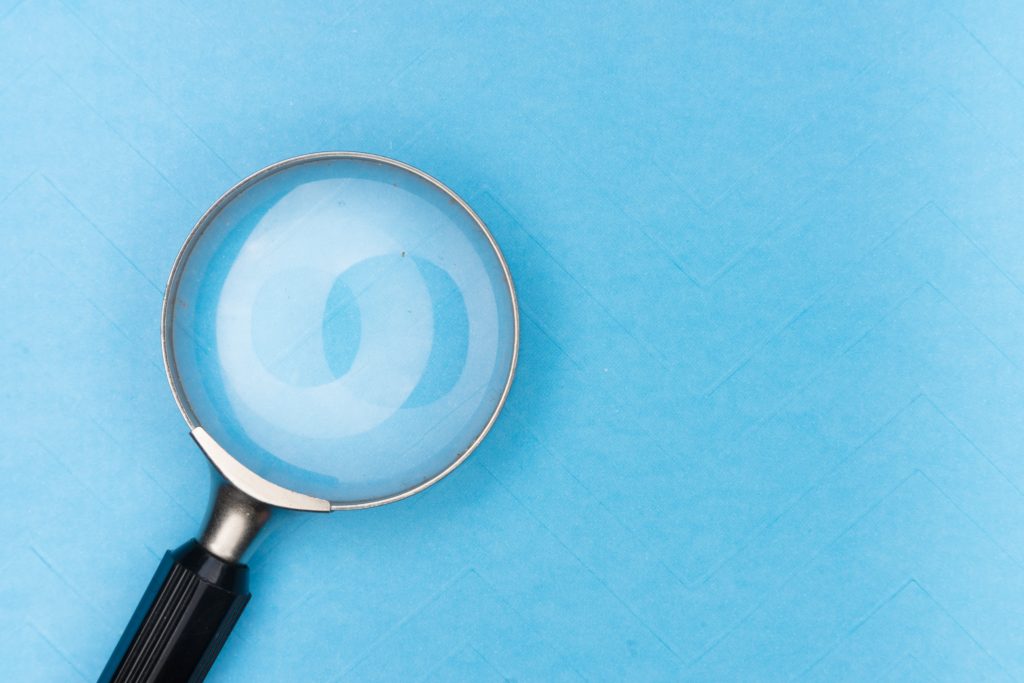How to Identify Substance Use Disorder (SUD)
Table of contents
How can you identify if someone is exhibiting signs of Substance Use Disorder (SUD)? Many people aren’t aware that addiction and substance use is a clinically diagnosable diseases. However, the criteria may not fit perfectly into an individual’s unique and personal experience.
Symptoms vary on a case-by-case basis, and an individual need not experience all symptoms to receive a diagnosis. In fact, the severity of Substance Use Disorder is scaled based on the number of symptoms an individual experiences. So let’s discuss this scale, symptoms, and the contributing factors of this serious disorder.
Criteria of Substance Use Disorder
A Substance Use Disorder diagnosis is made by identifying up to 11 of the symptoms typically present in mild to severe substance use cases. Doctors may still make a SUD diagnosis despite a patient only displaying one or two symptoms from the list. In such a case, an individual is diagnosed with a mild case of Substance Use Disorder.
The scale of severity in SUD is as follows:
Mild
The individual is experiencing 2 or 3 symptoms
Moderate
The individual is experiencing 4 or 5 symptoms
Severe
The individual is experiencing 6 or more symptoms
Symptoms of Substance Use Disorder
The symptoms used to classify and diagnose Substance Use Disorder are as follows:
- The substance is ingested in larger doses or over extended lengths of time without intention.
- Reducing or ending substance use is consistently unsuccessful or difficult.
- A significant amount of time is spent engaging in activities to obtain the substance, ingest the substance, or recover from its effects.
- Craving or an otherwise strong desire for substance use.
- Recurring use of the substance is responsible for a decline in work performance, social/familial life, and/or maintenance of personal health.
- Continuing substance use despite persistent confrontation from friends and family regarding substance use.
- Important meetings or events are not given priority and/or hobbies are abandoned.
- Substance usage to the point of serious health risk.
- Persistent substance use despite the knowledge that it is contributing to psychological/health complications likely caused or exacerbated by substance use.
- Tolerance is marked by a need to increase the dosage or a noticeable decrease in the effectiveness of the current dosage.
- Continuing substance use to avoid or relieve withdrawal symptoms.
If you resonated with two or more of any of the above symptoms, you may be experiencing Substance Use Disorder. Contact your doctor or a recovery center like Briarwood to discuss formal diagnosis and treatment options.
Substance-Induced Conditions
Some common conditions that arise from substance use are as follows. Note that not all of these conditions are necessarily telling of active addiction. Additionally, a person is not required to experience any of these conditions to be correctly diagnosed with Substance Use Disorder.
Intoxication
Intoxication is characterized by a temporary set of symptoms occurring after the ingestion of or exposure to a drug. But these symptoms will vary greatly depending on the particular type of substance. Consequently, this condition is not specific to Substance Use Disorder and can occur in individuals who otherwise do not display any indications of active addiction.
Withdrawal
A withdrawal diagnosis is contingent on behavioral, physical, and cognitive symptoms. These symptoms occur due to the abrupt decrease or discontinuation of heavy and consistent substance use. But discontinuation of a substance will not always result in withdrawal and is not always a reliable indicator of Substance Use Disorder.
Additional Side-Effects
- Psychotic disorders
- Bipolar and related mood disorders
- Depressive disorders
- Anxiety disorders
- Obsessive-compulsive and related behavioral disorders
- Sleep disorders
- Sexual dysfunctions
- Delirium
- Neurocognitive disorders
Detox With Briarwood
Briarwood Detox Center offers detox treatment for alcohol, opioid, methamphetamine, prescription drugs, and much more. Our experienced clinical staff provides round-the-clock monitoring throughout the detox process and our therapy team provides support to help manage the emotional response to treatment. Additionally, we have detox facilities located in Austin, Houston, and Colorado Springs with state-of-the-art amenities.
Briarwood is dedicated to facilitating a healthy and safe environment that empowers people to make significant and lasting changes in their lives. We look forward to supporting you or your loved one on the journey to recovery. Call (512) 277 – 3103 today for more information on our programs and admission process.
Break Free From Your Addiction Today
(in 3 easy, confidential steps)
Verify your insurance
Complete our fast, free, and easy verification process over the phone to determine the extent of your insurance coverage.
Make an informed decision
We will provide personalized placement recommendations based on your insurance, treatment needs, financial situation, and schedule.
Contact us
Call (888) 857-0557 or fill out our online form for a free and confidential personal consultation with an admissions specialist.











